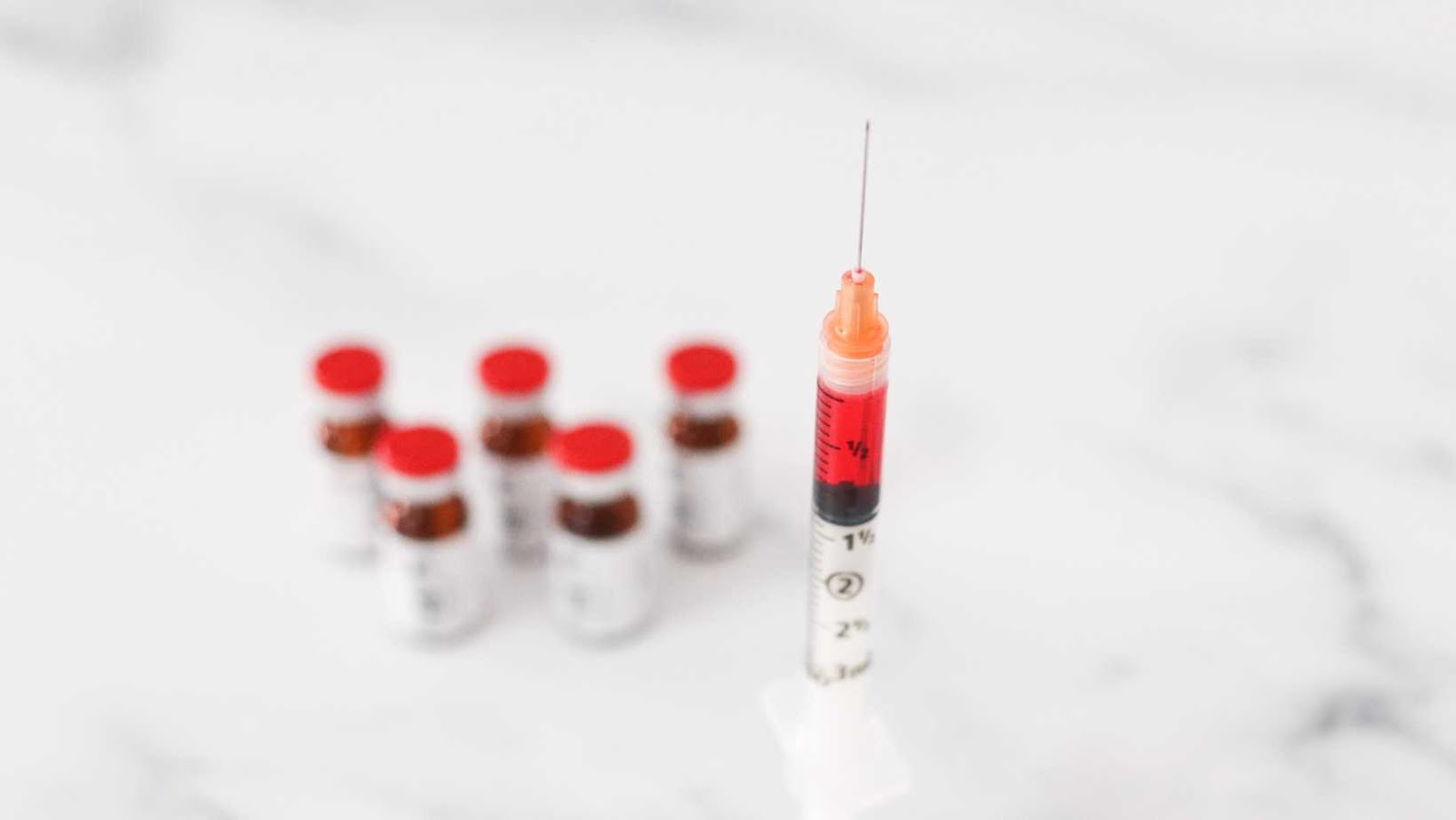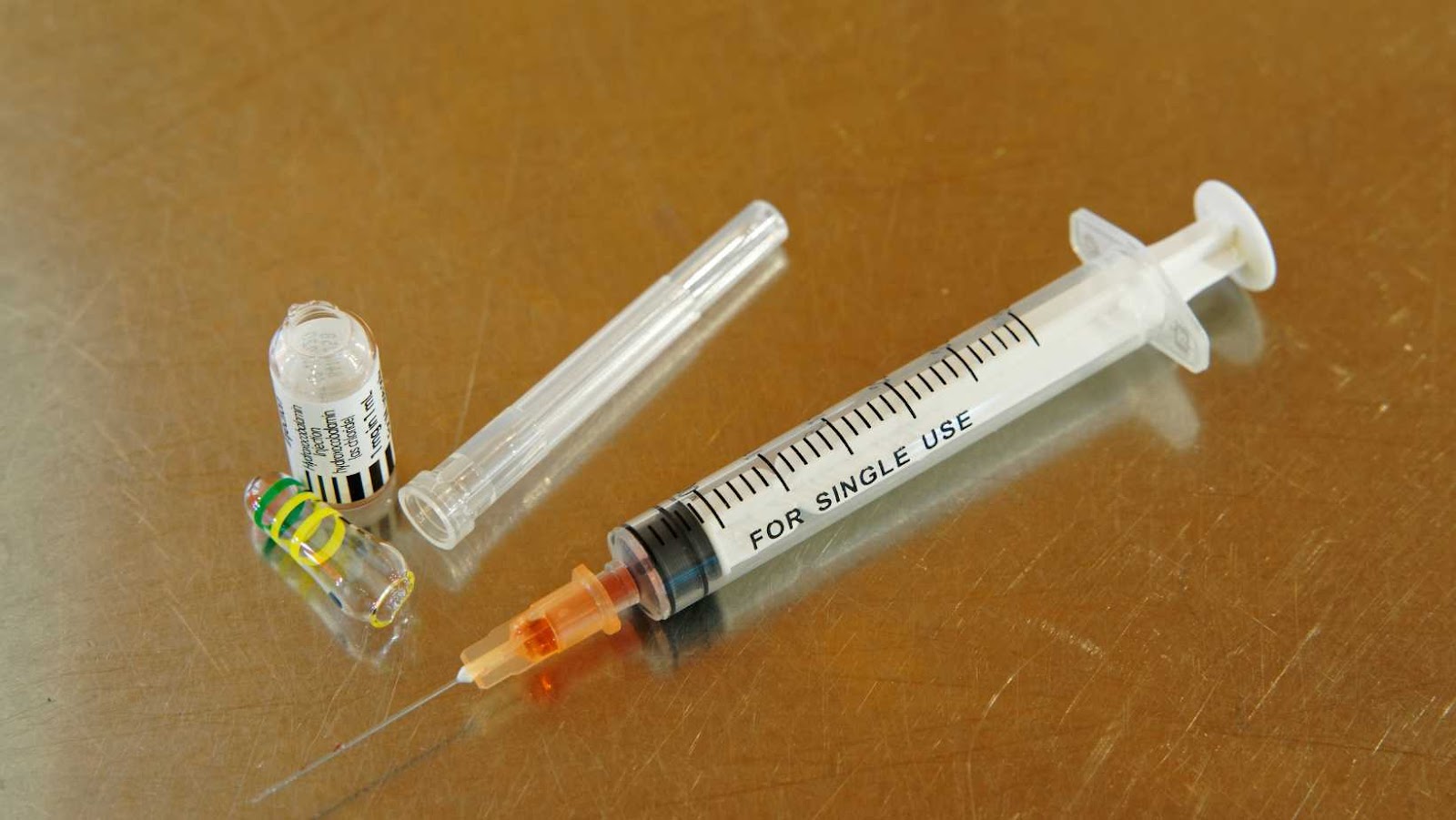Are you perplexed about whether b12 injections are painful? Then you’ve come to the right place!
Discover the answers and learn how often b12 injections should be taken in this comprehensive guide. Get ready to reduce your worries and learn all about b12 injections.
Introduction: What Are B12 Injections?
B12 injections are a type of injection that contains a high dose of vitamin B12, and are used to treat vitamin B12 deficiency, anemia, and other health conditions. As for the question of whether B12 injections are painful, the answer is that it depends on the individual. Some people may experience slight pain or discomfort at the site of the injection, while others may not feel anything at all. To minimize the pain, the injection should be given into the muscle, and the needle should be sharp and thin. The frequency of B12 injections will depend on the severity of the deficiency and your doctor’s instructions. In general, injections may be given between once a month to once a week. However, it is important to follow your doctor’s recommended dosage and frequency to ensure the best results. Pro tip: Before getting any injections, communicate with your doctor about any concerns, allergies or past experiences.
B12 Injections, How Often
Vitamin B12 is an essential nutrient that plays a crucial role in many bodily functions, including the production of red blood cells and the functioning of the nervous system. While B12 can be obtained from food sources, some individuals may not absorb enough through their diet, leading to deficiencies. B12 injections are a quick and effective way to get the vitamin B12 you need to stay healthy without resorting to taking oral supplements.
Are B12 injections painful? While the idea of daily injections can seem intimidating, B12 injections usually are not painful at all. As they are given in the muscle, which has fewer nerve endings than the skin, most people only feel a slight prick. How often should you get B12 injections? The frequency of B12 injections depends on the individual’s needs and the doctor’s discretion. In general, those with B12 deficiencies receive weekly injections for the first month, followed by monthly injections thereafter. Those with normal B12 levels may receive injections 1-2 times per year for maintenance.
Side Effects of B12 Injections
B12 injections are an effective way to treat vitamin B12 deficiency and reduce the symptoms associated with it. However, like any other medical treatment, B12 injections may cause side effects in certain situations.
| Side Effect | Description |
| Pain or discomfort at the injection site | The frequency of the injections depends on a patient’s individual situation and the severity of their deficiency. Usually, injections are given once a week for the first month and then given less frequently over time. |
| Itching and skin rash | |
| Mild diarrhea | |
| Swelling and redness at the injection site | |
| Low potassium levels | |
| Anaphylaxis (in rare cases) |
As for the pain caused by B12 injections, it varies depending on a person’s pain tolerance level. While some individuals might not experience any pain, others might feel some discomfort or mild pain at the injection site. It is advisable to consult with your doctor to decide on the appropriate dosage and frequency of injections.
Pro Tip: Applying a warm compress to the injection site for 10-15 minutes before receiving the injection can help reduce any pain or discomfort.

Pain Associated With B12 Injections
B12 injections may cause some level of pain, depending on the individual’s pain threshold, injection site, and technique used. However, the pain associated with B12 injections is generally mild and short-lived.
Here are some tips to minimize pain when receiving B12 injections:
| Tip | Description |
| Use a smaller needle size | or ask your healthcare provider to use a smaller gauge needle. |
| Apply a cold compress | to the injection site before the injection to numb the area. |
| Relax your muscles | and breathe deeply during the injection to reduce tension. |
| Avoid injecting | into a muscle that feels tense or sore. |
B12 injections are typically administered once a month for people with a deficiency. For individuals who require B12 injections but have an aversion to needles, alternative forms of B12 supplements are available, such as oral supplements or nasal sprays.
How to Minimize Pain From B12 Injections
B12 injections can be uncomfortable, but there are several techniques to minimize the pain associated with the injection process. Here are some tips to help:
| 1) Use a smaller needle: | Smaller needles will cause less discomfort and pain |
| 2) Use a different injection site each time: | This will prevent soreness and buildup of scar tissue on one location of the body. |
| 3) Ice the injection site: | Using an ice pack or cold compress on the injection site can help numb the area and reduce pain. |
| 4) Relax the injection area: | Tightening the muscles can lead to increased pain during injection. Relaxing the area can help reduce discomfort. |
| 5) Consult your healthcare provider about alternate forms of B12 supplementation, such as oral supplements or nasal sprays. |
B12 injections are recommended every 2-4 weeks for individuals with low B12 levels or B12 deficiencies, but it is important to consult with a healthcare provider to determine the appropriate dosage and frequency for your specific needs.

How Often Should You Receive B12 Injections?
B12 injections are not usually painful if done correctly, and the frequency of the injections can vary depending on an individual’s needs. Typically, those who are deficient in B12 may receive injections every other day or once a week until their levels improve. After that, a maintenance schedule of once a month may be appropriate. However, it is important to consult with a healthcare provider to determine the right course of treatment for you. It is also worth noting that while B12 injections can be an effective way to supplement the vitamin, they are not always necessary. Oral supplements and dietary changes may also be sufficient in treating a deficiency.
Who Should Receive B12 Injections?
B12 injections are recommended for people who have a vitamin B12 deficiency or difficulty absorbing vitamin B12. These injections are safe and can be administered either by a healthcare professional or self-administered at home. While the injections themselves are not usually painful, some people may experience a slight pinching or burning sensation. It’s essential to follow the recommended dosage and timing outlined by your healthcare provider, as overuse or underuse can lead to negative health outcomes.
Depending on your specific circumstances, your healthcare provider may recommend B12 injections once a week for several weeks, followed by a maintenance schedule of one injection every month. It’s crucial to follow the prescribed schedule to ensure that you’re getting the right amount of vitamin B12 to support your health.
Conclusion: Are B12 Injections Worth It?
B12 injections are a safe and relatively painless way of supplementing vitamin B12 levels in the body. While the idea of injections can be intimidating, the process of administering a B12 injection is straightforward and well-tolerated amongst patients. The frequency of B12 injections depends on a patient’s individual needs and the severity of their deficiency. Some patients may require weekly injections, while others may need them less frequently. Despite the efficacy of B12 injections, they are not always necessary. Patients often find that oral supplements or changes in diet are sufficient for keeping their vitamin B12 levels in check.
In conclusion, while B12 injections are not painful for most patients, they should only be utilized when a deficiency is present and after consulting with a healthcare professional.
